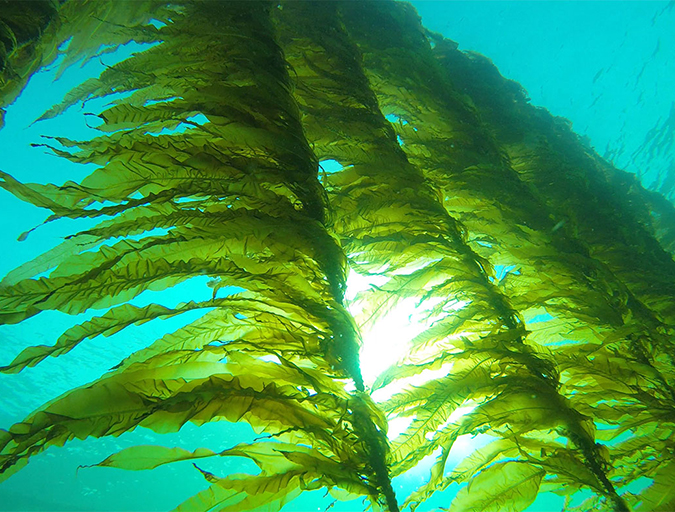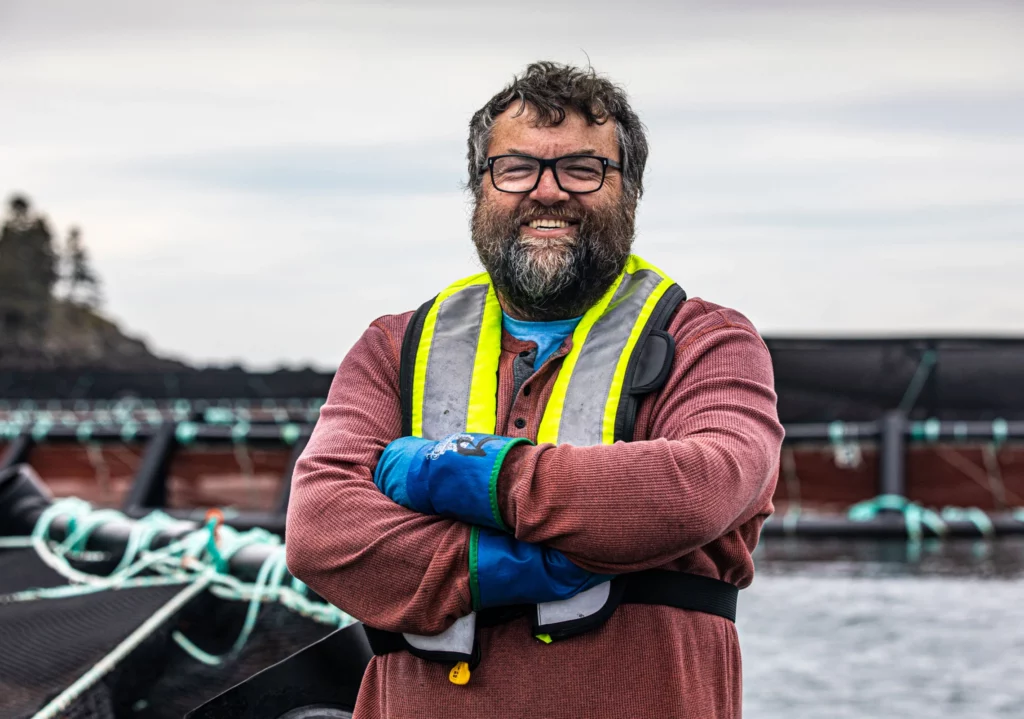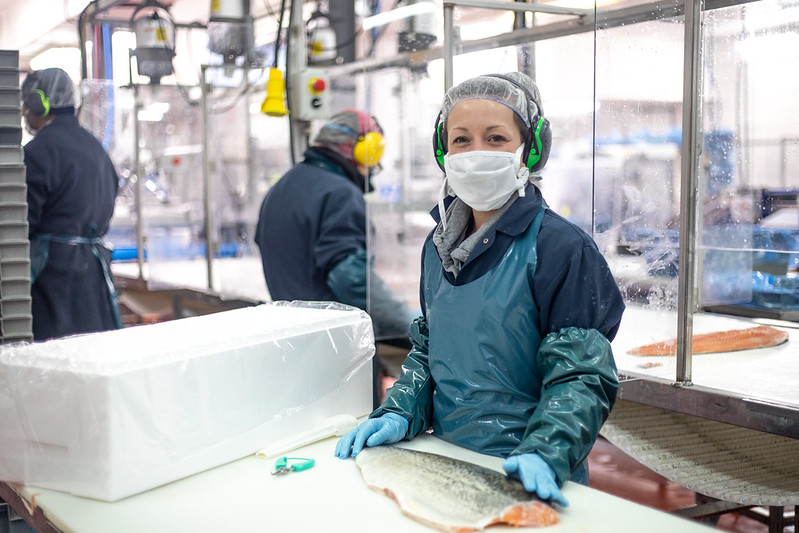Public Input Sought for New Best Aquaculture Practices Seaweed Farm Standard
 The Best Aquaculture Practices (BAP) Seaweed Farm Standard has been released for public comment, the Global Seafood Alliance (GSA) unveiled on July 14. The 60-day public comment period concludes on Sept. 13.
The Best Aquaculture Practices (BAP) Seaweed Farm Standard has been released for public comment, the Global Seafood Alliance (GSA) unveiled on July 14. The 60-day public comment period concludes on Sept. 13.
The addition of a standard for seaweed farming to BAP’s suite of industry-leading certification standards recognizes the burgeoning popularity of seaweed as an ingredient for animal feed, as an ingredient for food and wellness products and for direct human consumption along with the need to reward environmentally and socially responsible seaweed production through greater market access.
The BAP Seaweed Farm Standard applies to all seaweed species, including red, brown and green. Farming methods can include any seaweed grown vegetative or seeded from spores on a carrier, such as a rope, and grown to a harvestable size. However, the standard does not apply intensive or nursery culture systems that use raceways, ponds or tanks, on-shore or floating, for which the existing BAP Farm Standard or BAP Hatchery Standard apply.
The BAP Seaweed Farm Standard has been in development for approximately two years, led by the 19-member BAP Seaweed Standard Technical Committee chaired by seaweed and shellfish aquaculture specialist Dr. Andrew Woolmer of the United Kingdom.
“BAP would like to thank and acknowledge these committee members, who volunteered their time and energy to get the BAP Seaweed Farm Standard to where it is today,” said BAP Standards Coordinator Dan Lee. “We look forward to putting the final version of the standard to market.”
The BAP Seaweed Farm Standard consists of four sections:
• Social accountability, which includes property rights and regulatory compliance; local community relations; and worker safety and employee relations
• Environmental responsibility, which includes carrying capacity; stocking sources, i.e. preservation of wild stocks, genetic diversity and non-native species; biosecurity and disease and pest management; cultivation site interactions and wildlife interactions; and storage and waste disposal
• Food safety, which includes control of potential food-safety hazards
• Traceability, which includes record-keeping requirements
To comment on the BAP Seaweed Farm Standard, review the standard and fill out and submit the public comment form to dan.lee@globalseafood.org or david.yunker@globalseafood.org. Both the standard and public comment form can be found on the BAP standards webpage. All interested stakeholders are encouraged to comment, and all properly submitted comments will be acknowledged.
About Best Aquaculture Practices
Best Aquaculture Practices is a third-party certification program developed by the Global Seafood Alliance, an international, nonprofit trade association headquartered in Portsmouth, N.H., USA, dedicated to advancing environmentally and socially responsible seafood practices through education, advocacy and third-party assurances. Through the development of its Best Aquaculture Practices and Best Seafood Practices certification standards, GSA has become the leading standards-setting organization for seafood.




